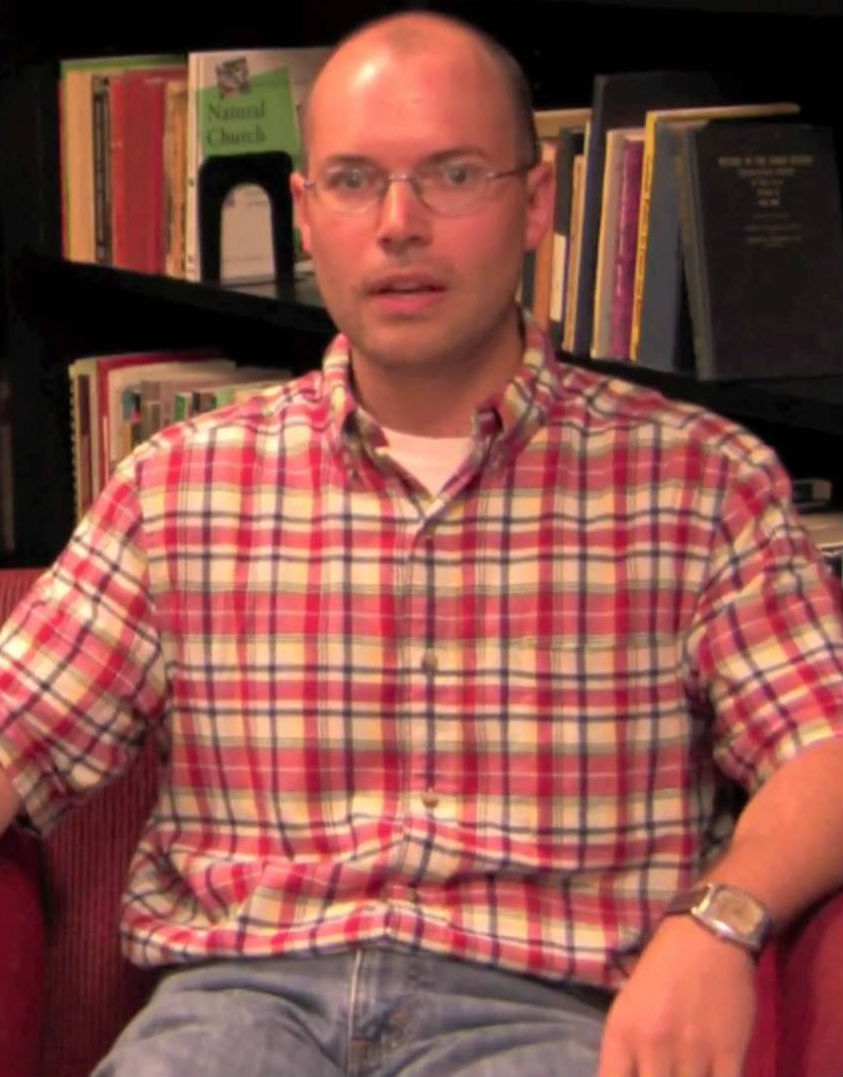
In an age when “knowing” and “comprehending” are generally taken to be interchangeable concepts, to confess God as incomprehensible may seem odd. Yet such was nearly the universal confession of the Church prior to the Modern period.[1] Moreover, God’s incomprehensibility was not regarded as a liability, somehow stifling true worship of him, but as a truth about God to be embraced and adored. The puritan Thomas Watson, in his commentary on the Westminster Shorter Catechism, exhorts us to “learn to admire where you cannot fathom.”[2] How contrary to our modern impulse to solve mysteries rather than admire them! A mystery unsolved is a source of frustration, a problem to be overcome. But this is not to be our response to the truth of God’s incomprehensibility. He is not a riddle waiting to be untangled by the powers of human reason or even to be dispelled by further revelation. Indeed, it is in his revelation of himself that we find him to be incomprehensible.
A brief word regarding the meaning of “incomprehensible” is in order. Prehendere means to grasp or to attain. When prefixed with com it means to grasp a thing in its totality so as to enclose or contain it. I may comprehend a physical object such as a penny by enclosing it in my hand. When referred to knowledge, comprehension means to know a thing in its entirety, to get your mind around it, so to speak.
What, then, is the reason for God’s incomprehensibility? It chiefly rooted in the infinity of God’s being. John Owen explains this ontological basis for the doctrine:
God, in his own essence, being, and existence, is absolutely incomprehensible. His nature being immense, and all his holy properties essentially infinite, no creature can directly or perfectly comprehend them, or any of them. He must be infinite that can perfectly comprehend that which is infinite; wherefore God is perfectly known unto himself only—but as for us, how little a portion is heard of him.[3]
Inasmuch as only God’s knowledge is infinite (Ps. 147:5), he alone is adequate to comprehend himself. Solomon indicates God’s ontological incomprehensibility when at the dedication of the temple he prays, “Behold, heaven and the highest heaven cannot contain you; how much less this house that I have built!” (1 Kings 8:27) God’s glory is above the heavens according to Psalm 113:4. The older theologians were keen observe from such passages that the finite cannot contain the infinite. This goes not only for finite physical things, such as heaven and the heaven of heavens, but finite minds as well.
The temptation, perhaps, is to suppose that since the human mind cannot comprehend God we must be unable to truly know him. But this does not follow. Scripture is replete with exhortations to know God. All people know him through the things he has made (Rom. 1:19-20) and Jesus himself discloses the knowledge of God to us in his incarnation (John 1:18). What’s more, Paul prays that Christians would be increasing in the knowledge of God (Col. 1:10) and indicates that even now we are being renewed in Christ to a true knowledge according to the image of the God who created us (Col. 3:10). From these passages and many others we have good reason to distinguish between knowing and comprehending.
A mistaken assumption that is often made respecting the doctrine of divine incomprehensibility is that God’s incomprehensibility belongs only to those aspects of his being or activity that are beyond what we presently know. God is comprehended, the thinking goes, to the extent that we know him and is not comprehended only insofar as there is much we do not yet know. This approach tends to assume that as we grow in the knowledge of God we slowly diminish or overcome his incomprehensibility. While this would certainly be true for any finite object of our thought, it is quite the opposite in our knowledge of God. In fact, in Scripture it seems the more one contemplates God and grows in the knowledge of him, the more incomprehensible God appears.
Consider the words of David in Psalm 139:6: “Such knowledge is too wonderful for me; it is high; I cannot attain it.” These words follow a rather detailed description of God’s personal and intimate acquaintance with David. The psalmist confesses that God knows the mundane happenings of his daily life and even understands his thoughts (Ps. 139:2-3). God knows everything about the words he is going to speak even before they are spoken (139:4). That is, God perfectly knows everything about David’s heart that leads him to speak the words he does. Even knowing all these things about David, God encloses him on all sides with his hand (139:5). God comprehends David with his knowledge and in his providential care for him. At this point David cries out that such knowledge is unattainable. The point is not that he doesn’t know anything about God. Clearly he must, or else how could he have written the previous five verses? Rather, it is precisely in his true knowledge of God that he discovers God to be incomprehensible. David’s exclamation, furthermore, is not the cry of a frustrated investigator who can’t solve the mystery, but of a worshipper praising God for his incomprehensibility. This is an essential component to knowing God truly. As Basil the Great once said, “The knowledge of God consists in the perception of his incomprehensibility.”[4]
In Scripture, mystery and incomprehensibility prompt doxology and adoration of God. Indeed, how could we worship a God that could be circumscribed by the minds of finite creatures? Augustine has famously written, “We are speaking of God. Is it any wonder if you do not comprehend? For if you comprehend, it is not God you comprehend.”[5] Our God is exalted above the heavens and cannot be contained by even the most magnificent of his creatures. Soli Deo gloria!
[1] Besides being taught by many of the Church Fathers and medieval scholastics, this truth is also maintained in numerous Reformed confessions, including: the Belgic Confession, art. 1; Westminster Confession of Faith, 2.1; Savoy Declaration, 2.1; Second London Baptist Confession of Faith, 2.1.
[2] Thomas Watson, A Body of Divinity (Edinburgh: The Banner of Truth Trust, 1974), 54.
[3] John Owen, On the Person of Christ, in The Works of John Owen, ed. William H. Goold, vol. 1 (Edinburgh: The Banner of Truth Trust, 2000), 65.
[4] Cited in Herman Bavinck, Reformed Dogmatics, ed. John Bolt, trans. John Vriend, Vol. 2 (Grand Rapids, MI: Baker Academic, 2004), 51.
[5] Augustine, Lectures on the Gospel of John, tract 38, cited in Bavinck, Reformed Dogmatics, 48.
 James Dolezal (PhD, Westminster Theological Seminary) serves part-time as a professor in the Cairn University School of Divinity. He is ordained as a Reformed Baptist and is the author of God Without Parts: Divine Simplicity and the Metaphysics of God’s Absoluteness. James is happily married to Courtney and they have two children, a son, Judah, and daughter, Havah.
James Dolezal (PhD, Westminster Theological Seminary) serves part-time as a professor in the Cairn University School of Divinity. He is ordained as a Reformed Baptist and is the author of God Without Parts: Divine Simplicity and the Metaphysics of God’s Absoluteness. James is happily married to Courtney and they have two children, a son, Judah, and daughter, Havah.

The Alliance of Confessing Evangelicals is member supported and operates only by your faithful support. Thank you.















 © Alliance of Confessing Evangelicals
© Alliance of Confessing Evangelicals


